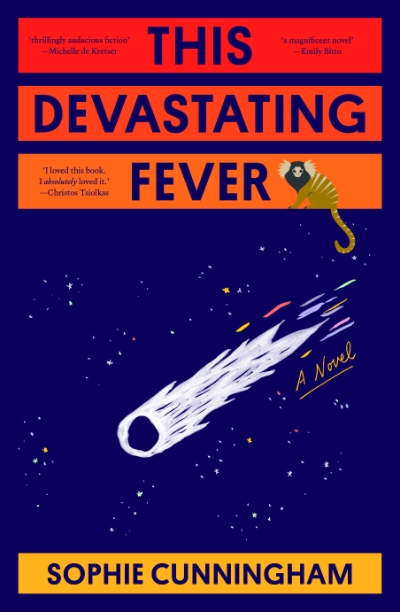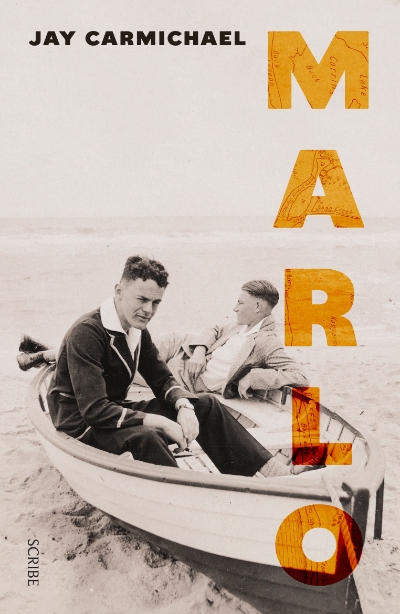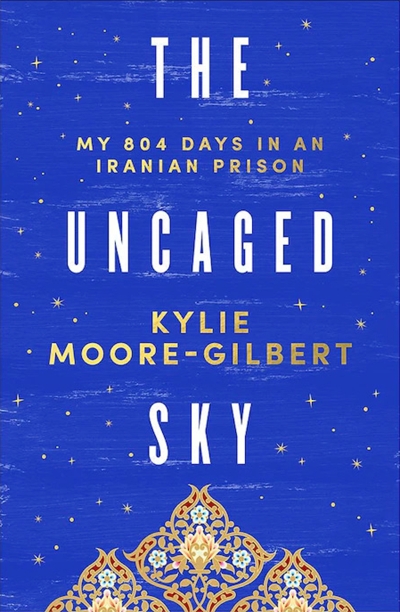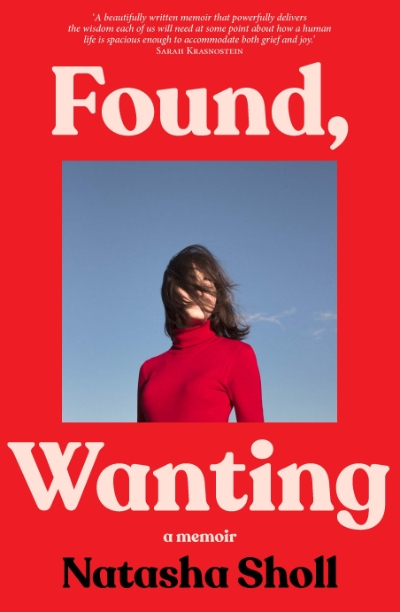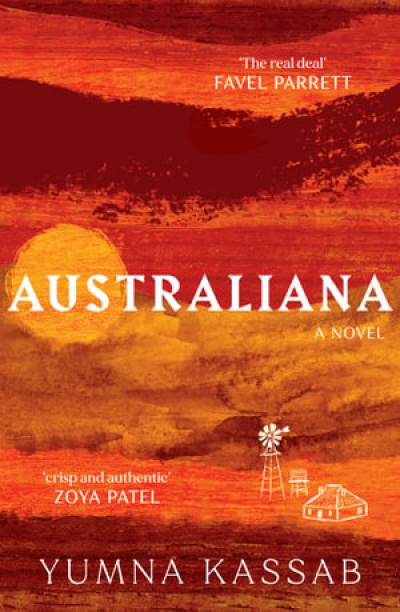Ultimo Press
Marlo by Jay Carmichael & My Heart Is a Little Wild Thing by Nigel Featherstone
The Uncaged Sky: My 804 days in an Iranian prison by Kylie Moore-Gilbert
There are decades where nothing happens, and there are weeks where decades happen,’ Vladimir Lenin has been credited with saying, with reference to the Bolshevik Revolution. It’s a sentiment that immediately springs to mind when reading Jessica Stanley’s A Great Hope, a début that, while not billed as historical fiction, is deeply concerned with history and its making.
... (read more)It has become a rite of passage for foreign correspondents returning home from a stint in China to pen a memoir recounting their experiences. All too often, the story begins with the said reporter crossing into mainland China at Lo Wu, having just spent time enjoying the bright lights of Hong Kong. Clearly, the Lo Wu railway station holds a certain allure for wandering Australian journalists.
... (read more)
